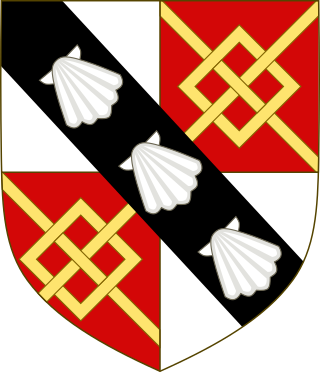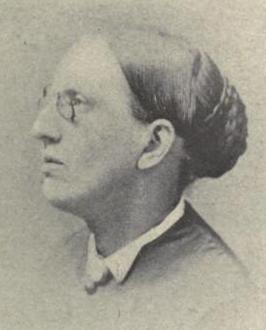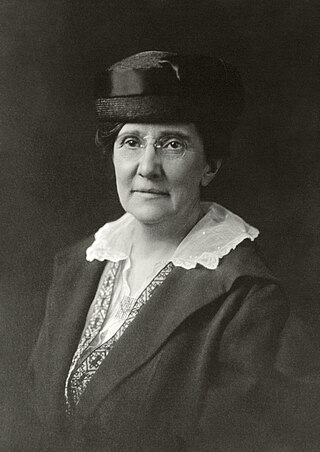
The Spencer family is an aristocratic British family. From the 16th century, its members have held numerous titles, including the dukedom of Marlborough, the earldoms of Sunderland and Spencer, and the Churchill barony. Two prominent members of the family during the 20th century were Sir Winston Churchill and Diana, Princess of Wales.

George Spencer, 4th Duke of Marlborough,, styled Marquess of Blandford until 1758, was a British courtier, nobleman, and politician from the Spencer family. He served as Lord Chamberlain between 1762 and 1763 and as Lord Privy Seal between 1763 and 1765. He is the great-great-great grandfather of Sir Winston Churchill.

John Albert Edward William Spencer-Churchill, 10th Duke of Marlborough,, styled Marquess of Blandford until 1934, was a British military officer and peer.

Frederick Edward Guest, was a British politician best known for being Chief Whip of Prime Minister David Lloyd George's Coalition Liberal Party, 1917–1921. He was also Secretary of State for Air between 1921 and 1922. He won the bronze medal with the British polo team at the 1924 Summer Olympics in Paris.

George Spencer-Churchill, 5th Duke of Marlborough FSA, styled Marquess of Blandford until 1817, was a British nobleman, politician, peer, and collector of antiquities and books.

George Spencer-Churchill, 6th Duke of Marlborough, styled Earl of Sunderland until 1817 and Marquess of Blandford between 1817 and 1840, was a British nobleman, politician, and peer. The great-grandfather of Sir Winston Churchill, he served as Lord-Lieutenant of Oxfordshire between 1842 and 1857.

Francis Almeric Spencer, 1st Baron Churchill DCL FRS was a British peer and Whig politician from the Spencer family.
Charles Spencer may refer to:

John Spencer was an English politician who sat in the House of Commons from 1732 to 1746.

Anne Churchill, later Anne Spencer, Countess of Sunderland, was an English court official and noble. She once held the office of Lady of the Bedchamber to Queen Anne.
Duchess of Marlborough is a title held by the wives of the Dukes of Marlborough and may refer to:

Caroline Wells Dall was an American feminist writer, transcendentalist, and reformer. She was affiliated with the National Women's Rights Convention, the New England Women's Club, and the American Social Science Association. Her associates included Elizabeth Peabody and Margaret Fuller, as well as members of the Transcendentalist movement in Boston.

George John Trevor Spencer was an Anglican bishop in the 19th century and a member of the Spencer family.
Caroline is a feminine given name, derived from the masculine name Charles. Common nicknames and variations include Callie, Cara, Carol, Carole, Carolina, Carolyn, Carly, Carrie, and Caz.

Caroline Spencer was an American physician and suffragist who campaigned extensively for women's rights, both in her home state of Colorado and on the national level. She was one of many Silent Sentinels who demonstrated in front of the White House, and also participated in Watchfires, during the final months before the Nineteenth amendment was passed. She was inducted into the Colorado Women's Hall of Fame in 2006.

Spencer-Churchill is a British double-barrelled surname of a British noble family associated with the Marlborough dukedom.

Caroline Spencer, Duchess of Marlborough, formerly Lady Caroline Russell, was the wife of George Spencer, 4th Duke of Marlborough.

In 1893, Colorado became the second state in the United States to grant women's suffrage and the first to do so through a voter referendum. Even while Colorado was a territory, lawmakers and other leaders tried to include women's suffrage in laws and later in the state constitution. The constitution did give women the right to vote in school board elections. The first voter referendum campaign was held in 1877. The Woman Suffrage Association of Colorado worked to encourage people to vote yes. Nationally-known suffragists, such as Susan B. Anthony and Lucy Stone spoke alongside Colorado's own Alida Avery around the state. Despite the efforts to influence voters, the referendum failed. Suffragists continued to grow support for women's right to vote. They exercised their right to vote in school board elections and ran for office. In 1893, another campaign for women's suffrage took place. Both Black and white suffragists worked to influence voters, gave speeches, and turned out on election day in a last-minute push. The effort was successful and women earned equal suffrage. In 1894, Colorado again made history by electing three women to the Colorado house of representatives. After gaining the right to vote, Colorado women continued to fight for suffrage in other states. Some women became members of the Congressional Union (CU) and pushed for a federal suffrage amendment. Colorado women also used their right to vote to pass reforms in the state and to support women candidates.













